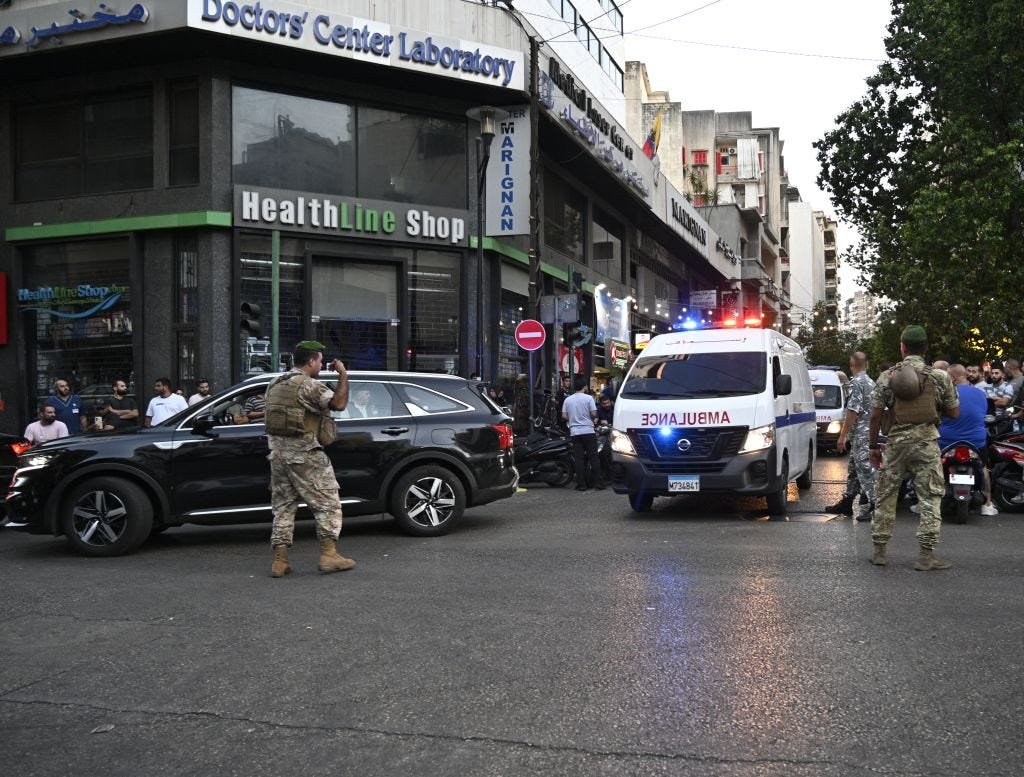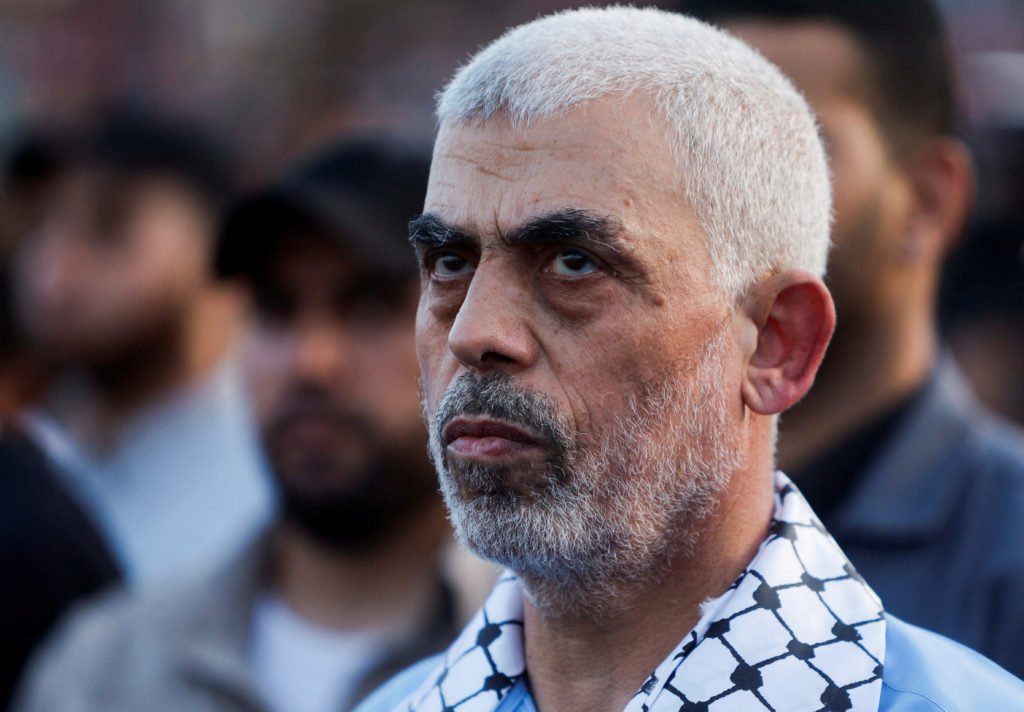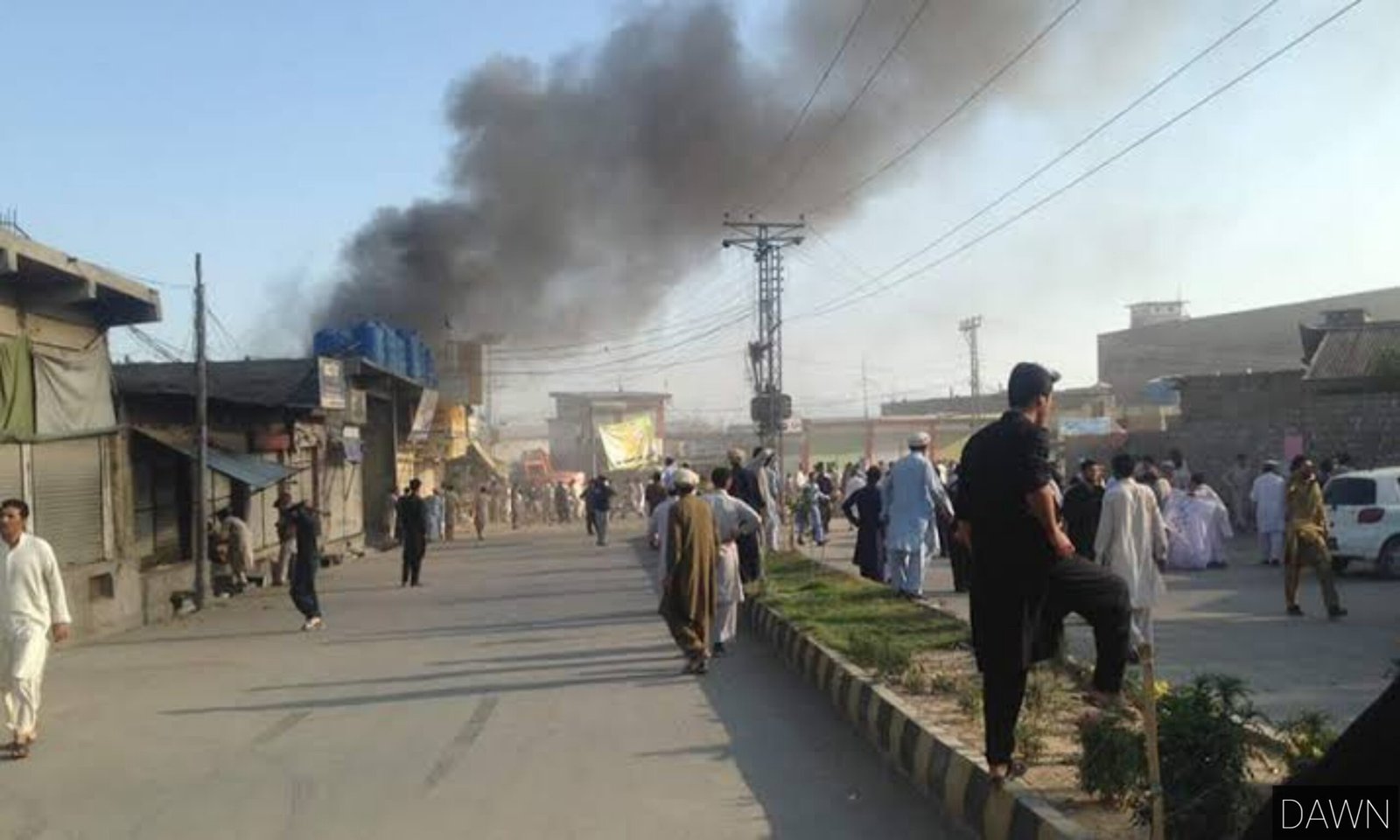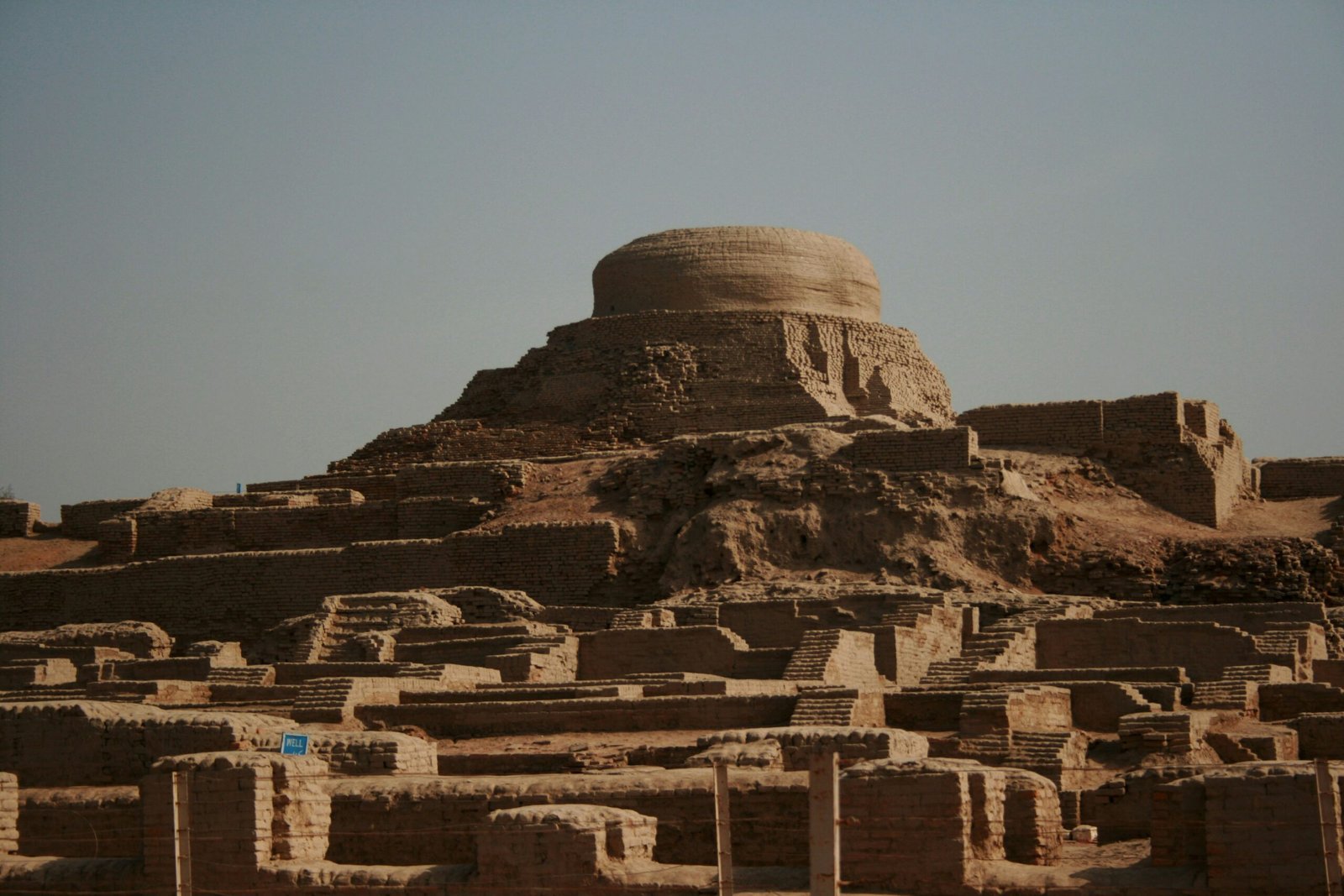
A day after the explosions in the pagers used by Hezbollah in Lebanon on Tuesday, there were also explosions in the walkie-talkies used by Hezbollah in Lebanon itself on Wednesday. At least 25 people were killed and around 400 injured in these blasts.
On Wednesday, the funeral prayers of those who died in the pager blasts were being offered, when the explosions started in these walkie-talkies.
Who is responsible for these blasts?
International experts have blamed the Israeli intelligence agency behind Tuesday’s pager blasts. And after a similar incident was revealed on Wednesday, suspicions about Israel have increased. Hezbollah has also blamed Israel for these blasts. But Israel did not react to this whole issue. However, according to AP, a US official said on condition of anonymity that Israel briefed the US after the operation was completed on Tuesday.
Hezbollah’s reaction after the blasts:
After Tuesday’s pager blasts, Hezbollah members had already become wary of using such communication devices, So after Wednesday’s walkie-talkie blasts, the rest of the people took the batteries out of their walkie-talkies.
Which company did the walkie-talkies belong to?
These walkie talkies were manufactured by the Japanese company ICOM. The explosive walkie-talkies model was the IC-V82, which was manufactured from 2004 to 2014 and sold in other countries including the Middle East. The company says it has stopped producing them since 2014. Moreover, the company has also announced an investigation into the matter and will soon publish it on its website.

International reaction to the walkie-talkies blasts:
The US, like the blasting of pagers, expressed indifference to the blasts of walkie-talkies, saying it would use diplomacy to prevent escalation of tensions.
The United Nations has called a meeting of the Security Council on Lebanon explosions on Friday. UN Secretary-General Antonio Guterres said in a statement on Wednesday that such device explosions could further increase tensions in Lebanon.
On the other hand, Jordanian Foreign Minister Ayman Safadi has said that Israel is pushing the Middle East towards a regional war.






